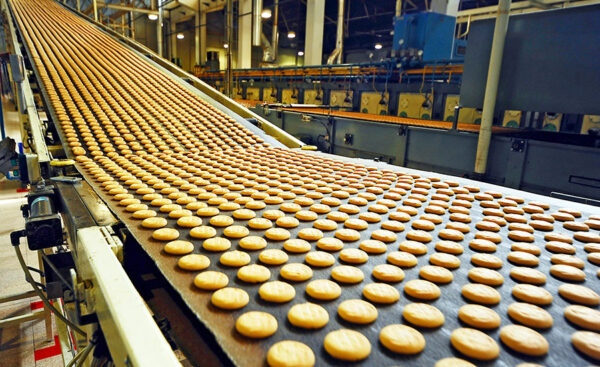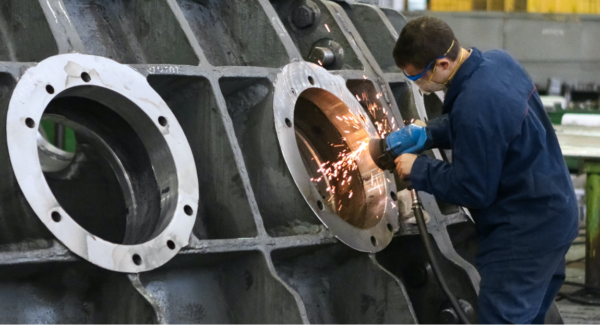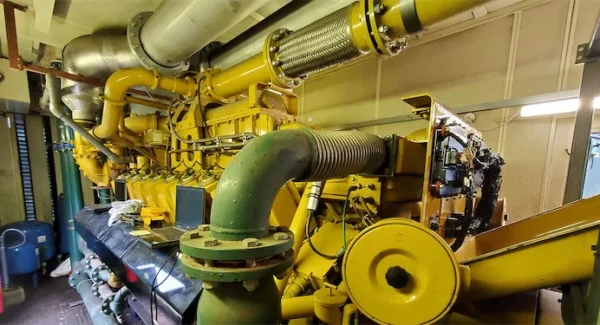The processing of food is one of the unsung heroes of the UK economy, with a Gross Value Add of £30.4bn to the economy in 2021 and employing almost half a million people. Of course, this comes as no great surprise given the vital service the sector provides – everyone needs food. In spite of this, the sector has been grappling with the cost of energy like all other intensive sectors over the past year and a half, putting a damp rag on growth.
Unlike at home, food processors can’t just turn down the thermostat, reduce the boiler flow temperature or unplug appliances not being used. If you’re energy intensive, you are cost intensive – beholden to an energy market which has the potential to spiral again and with no guarantee of long-term Government support. While we can hope that this approaching winter will be better than the last, we have to have a serious conversation about how we take control of energy use to make the sector thrive.
As serious as the issue is, that is not to say that it has to be complicated. There are many quick wins that can drastically reduce your energy consumption and thus your bills. The first step in being able to realise energy efficiency is being able to obtain a comprehensive picture of energy use across your facilities, shining a spotlight on the most intensive processes and presenting opportunities for optimisation.
Intelligent energy management systems are a must to ensure a building is using energy as efficiently as it can be. Building Management Systems (BMS) can improve energy efficiency by up to 40% for a typical food business, which can be as simple as automatically turning off lights and closing doors in rooms that are empty, or controlling heating and hot water to ensure it is optimised to its full potential. In chilled facilities, we’ve seen that reducing fan speed by 20% can bring consumption down significantly, equivalent to 50% less electricity used. Across the sector, we’ve seen companies installing LED lighting, upgrading boilers, and opting for ovens with enhanced insulation to avoid wasting energy on maintaining consistent temperatures.
Reducing energy consumption is not only an objective that brings bills down, it can also go a long way to reduce carbon emissions. Additionally, taking advantage of ample roof space to install solar panels mean you can take control of your own energy supply, complimenting intelligent energy consumption. A typical large UK processing facility, with a 19,000 square meter roof, has the potential to provide 2,900,000 kWh of clean energy per year through solar PV. YLEM Energy has installed AM&T systems and BMS for a number of businesses in different sectors across the UK, and each time the results are the same. At Scapa Group PLC for example, we upgraded their BMS system for various production lines, warehousing and office space. In under a year, Scapa saw a 43% baseload reduction in electricity consumption and a 24% reduction in their gas consumption. These energy efficiency measure alone helped to reduce their carbon emission by 338 tonnes per annum.
Energy efficiency doesn’t have to be a headache and it doesn’t have to dominate your balance sheet – in fact, BMS and on-site energy generation requires no up-front capital investment. By employing intelligent BMS, you’ll be amazed at the opportunities for energy efficiency revealed which are sure to be there. Take control of the energy you use, take control of where you procure your energy, and you take control of your energy costs.






